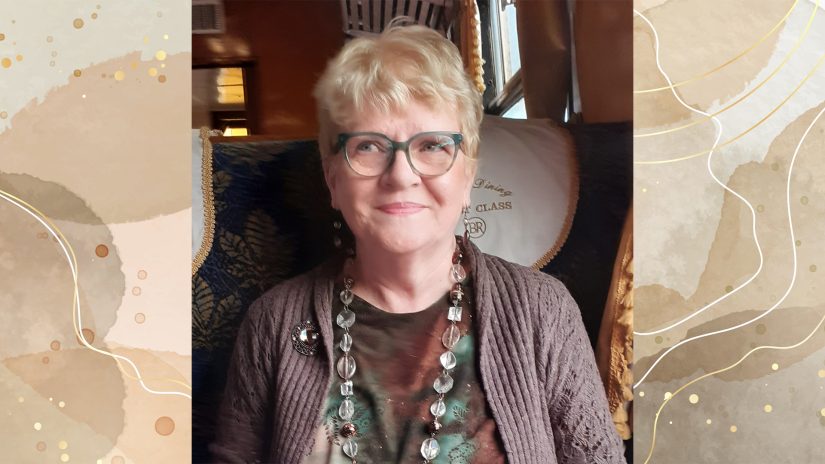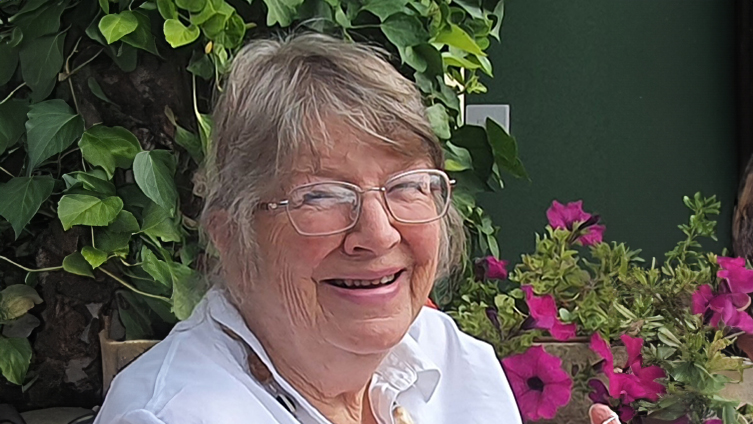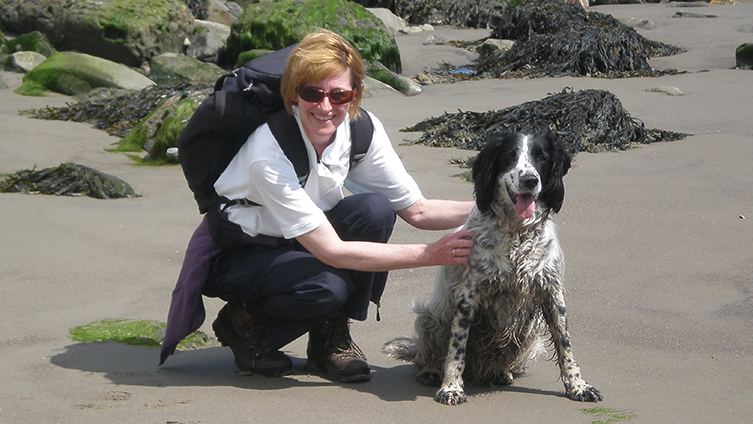 Shutterstock / fizkes©
Shutterstock / fizkes©If you’ve never had a story published in the “Friend” before, you’ll know to submit your stories to our Friend Fiction folder via email at friendfiction@dctmedia.co.uk
We’re really lucky that we get to choose the absolute best short stories and serials for the magazine, and you may have had one or more rejections and are wondering what you can do to change this? First of all, don’t feel too down-heartened. No writer has 100% success rate and please bear in mind just how many manuscripts we receive. Let’s begin with the basics for submitting.
Housekeeping
When you email your story to us please put the word count and then title in the subject box. On the manuscript itself, please include your full name, address and email address. If your story is seasonal include that beside the title.
Don’t use formatting, headers or footers.
Pay attention to our word counts. We don’t publish stories under 1000 words.
Your manuscript must be a Word document.
Please don’t use the Friend Fiction address for submitting features or poetry. Here are our guidelines to tell you where to submit them.
Where Am I Going Wrong?
You’ve received the dreaded rejection into your inbox and you’re wondering what to do next. The following are some of the most common mistakes we see.
Not enough dialogue. We sometimes read stories where no-one speaks. This will not bring the story or the characters to life.
Try to avoid very obvious endings and outcomes. The conclusion to your story should be satisfying for the reader, but not a cliché.
Unsuitable content. Please, nothing downbeat, violent or lurid.
Don’t attempt a serial if you’ve never had a short story published by us. It’s a different discipline and it’s worth getting some experience with short stories first.
We don’t publish books apart from Pocket Novels.
Please don’t have characters who are over 60 portrayed as being bumbling, hopeless with technology, unable to live on their own etc. We know this isn’t the case!
If you’re writing a period story, it doesn’t have to be during World War 2. Think about different time periods. Stories set in the sixties and seventies offer lots of detail too.
Think about what could set your story apart from the others. A more unusual setting? A different kind of mystery?
Good luck!




